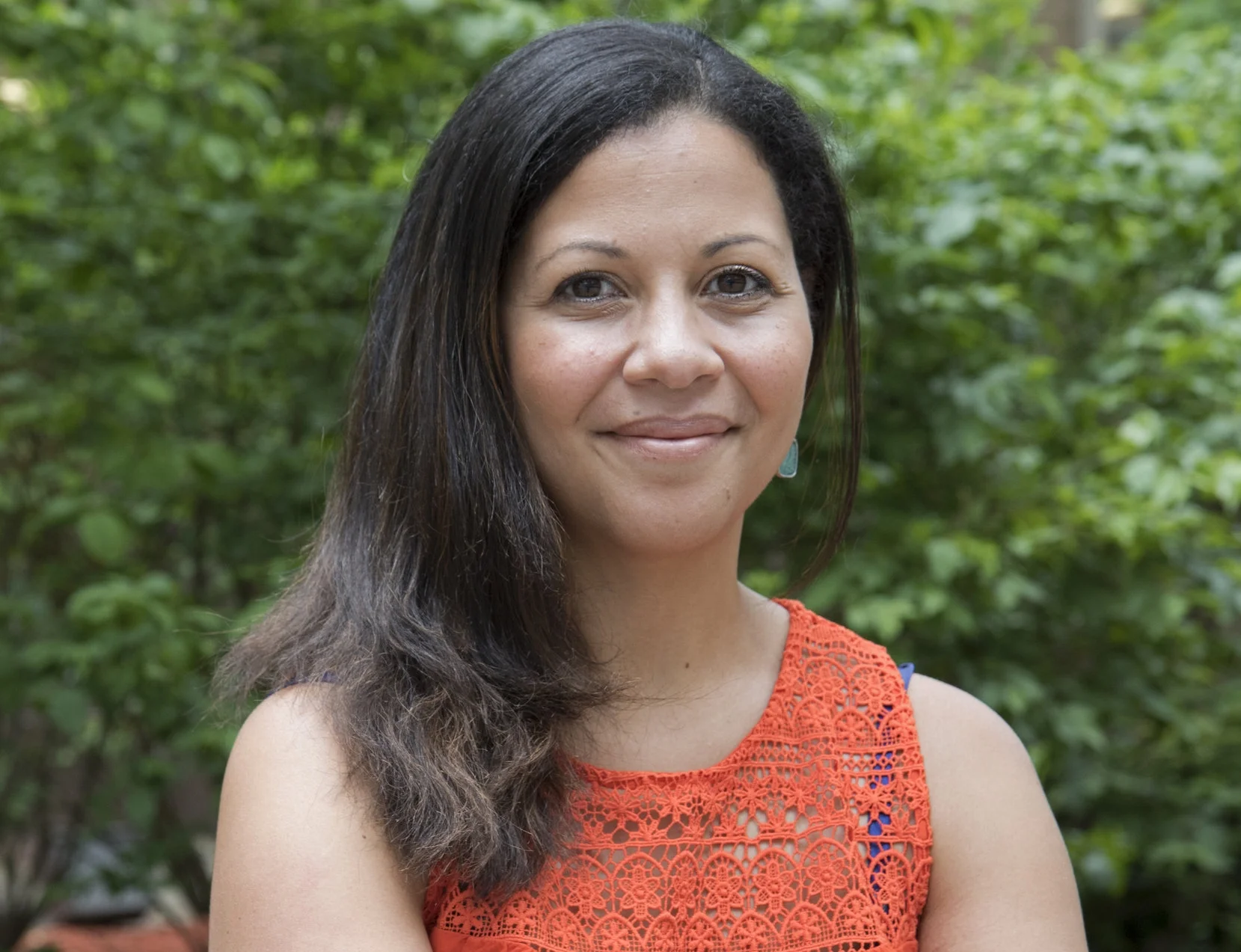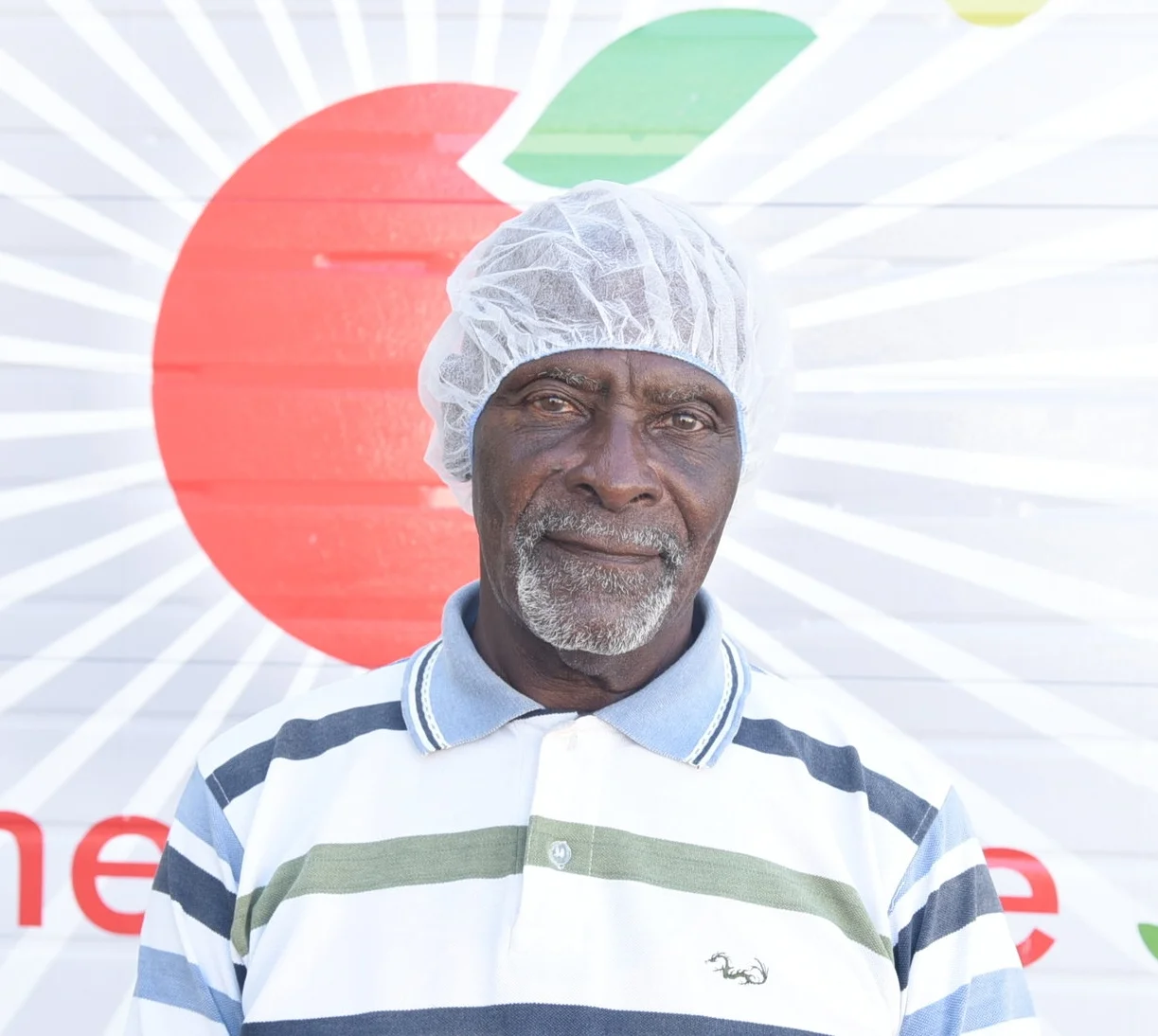Recognition for leading scholar on the comparative politics of racism
September 27, 2018
When Debra Thompson chose the University of Toronto (U of T) to pursue her Ph.D. in political science just over a decade ago, the expectation was that she was going to be surrounded by a network of people interested in race and politics.
She wasn’t.
“I found a network of support, but what I didn’t find was very many people working on race in the same way that I wanted to examine and analyze it,” said Thompson whose teaching and research interests focus on the relationships among race, the state and public policy in comparative context. “It was a struggle to find my place in the discipline and do the kind of work I want to do in the ways I want to.”
Frustrated, she headed south and is now considered one of the world’s leading scholars on the comparative politics of race.
Thompson is also an award-winning author. Her 2016 publication, ‘The Schematic State: Race, Transnationalism and the Politics of the Census’, has been recognized with two awards from the American Political Science Association.
Last August, she was the recipient of the Seymour Martin Lipset Best Book Award that honours a significant contemporary contribution to the scholarship of Canadian politics or Canada in a comparative perspective, or a comparative analysis of Canada with other countries, particularly the United States.
Lipset, who taught at U of T, was one the world’s most prominent social scientists.
“The awards are particularly meaningful because I had a hard time fitting into the discipline of political science,” said Thompson. “They make me feel as though I have come into my own in the field.”
A study of the political development of racial classifications on the national censuses of Canada, the United States and the United Kingdom, the much-sought-after book maps the changing nature of the census from an instrument historically used to manage and control radicalized populations to its contemporary purpose as an important source of statistical information, employed for egalitarian ends.
It argues that states seek to make their populations racially legible, turning the fluid and politically contested substance of race into stable and identifiable categories to be used as the basis of law and policy.
“The census was this really clear example of states creating both racial classifications and trying to solidify the boundaries between race and trying to really regulate something that the state didn’t quite understand,” she said. “What I was interested ultimately is the way that states involve themselves in the creation of racial classifications and boundaries.”
The publication struck a chord with the Lipset selection committee that included University of New Brunswick political science professor Dr. Joanna Everitt and Dr. Christopher Alcantara of the University of Western Ontario.
“We were particularly impressed with the theoretical novelty of proposing the schematic state as a construct, exemplifying it with rich detail derived from archival research and interviewing and covering three countries’ historical and contemporary use of the census with a thoughtful and fair comparative treatment,” they noted.
The book will appeal to readers in political science, sociology, history and demography disciplines, and Canadian/American/British politics and will be of interest also to government and international agencies and non-governmental organizations involved in the design and execution of the census or the interpretation of census data.
After completing a post-doctoral fellowship at Harvard University in 2011, Thompson taught at Ohio University and Northwestern University before being recruited last year by the University of Oregon which is seeking to create a cohort of scholars with complementary strengths and shared interests whose scholarship and teaching will enhance the study of race and ethnicity and help the university work towards establishing a comprehensive curriculum in Black Studies in the College of Arts & Sciences.
“The best scholars of race are here in the United States,” she said. “There are more resources and people acknowledge that racial inequality is a thing that exists. In some ways, I wanted to see if I could kind of swim with the big fish. The second reason is that I have been arguing for years that racism in Canada is just as destructive as racism in the United States and the difference is that Canadians don’t want to acknowledge that it exists. I was interested in putting my money where my mouth is and seeing if, by actually living and working in the U.S, if I still felt that racism here and in Canada is similar.
“I think the answer is that race is embedded in every facet of American society and institutions in ways that it isn’t in Canada. Race, in this country has determined where highways are built, how neighbourhoods form and it created the charter and private schools. In Canada, because non-White populations were so small until about the 1980s, racial discrimination – while it existed – didn’t inform the creation and structure of society in the same way that it does in the U.S.”
Thompson, whose parents are retired teachers, graduated from R.S McLaughlin Collegiate & Vocational Institute in Oshawa and completed her undergraduate degree in public affairs & policy management and a Master’s in law at Carleton University.
In the final year of her Bachelor’s program, she worked as a policy analyst with Indian and Northern Affairs Canada.
“I continued with that assignment during graduate school, but I really hated what I was doing,” said Thompson who, in 2013, was inducted into the Durham District School Board’s Hall of Fame. “I know a lot of people make great careers and there’s something noble about working for the federal public service in Canada, but it just wasn’t for me.”
She quit that job to pursue a doctorate at the U of T.
“I decided to go there because it’s Canada’s biggest university with really great people in political science,” Thompson said. “But when I got there, I figured out pretty quickly that a lot of people didn’t think that race was a worthwhile subject of study.”
That indifference led her to write an article – Is Race Political? -- in 2008 that was published in the Canadian Journal of Political Science (CJPS).
The article demonstrates that though the political nature of race is evident and constitutes an important area of research, there is a dearth of literature on race in English Canadian political science particularly as compared to other social sciences. It provides explanations for this disciplinary silence, including methodological fuzziness, dominant elite-focused and colour-blind approaches to the study of politics and the prevalence of ideas and foci about the nature of Canadian politics. In order to avoid the danger of disciplinary lag, it concludes with several ways of addressing this disparity between the political science and the society it purports to analyze.
“That article originated because I was so upset with people in my department and discipline telling me that I didn’t belong there and that if I really wanted to study race, I should have gone into sociology or something different,” she pointed out. “What they were saying is that race didn’t belong in political science.”
‘Is Race Political’? won the John McMenemy Prize for the best article published in English or French in the CJPS and the author was awarded the Governor General of Canada’s Academic Gold Medal eight years ago.
“With that award, I really began to establish myself as a leading scholar of Canadian race politics,” she added. “I am still working at it.”
Despite being away for the last eight years, Canada will always be home to Thompson who gave birth to her second child last week.
“I would love to come back and I think I will because I have children now and I don’t feel very comfortable educating or raising them in the U.S,” she said. “There is something about Canada and that’s not to say that racism doesn’t exit there. It absolutely does. But school shootings are much rarer in Canada than they are here. Being in the U.S and being part of the anti-black racism that exists here was one thing when it was just me. But now that I have little kids, I worry a lot more about the environment in which they are exposed to. Going back to Canada is in the foreseeable future. I came here when Obama was president and we all were hopeful about the future. Yet, here we are.”
Thompson, whose great great-grandfather escaped slavery through the Underground Railroad around 1860 and settled in Blenheim which is a small community in Chatham-Kent, is currently working on two other projects.
The first book explores the Black Lives Matter movement through the lens of American exceptionalism, while the second – co-authored with Queen’s University research chair in public policy Dr. Keith Banting – explores the puzzling persistence of racial inequality in Canada that continues despite a social safety net and model of diversity governance that many assume is far more robust, redistributive and egalitarian than those that exist in the United States.






